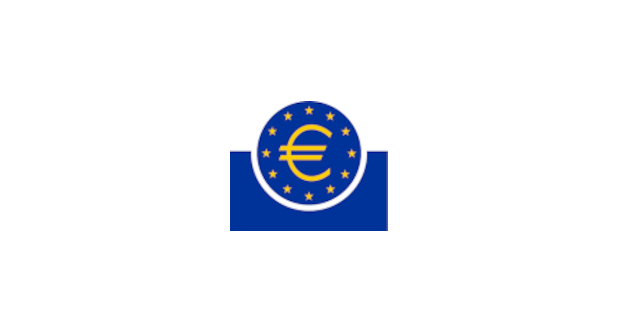The EU has issued a consultation request for digital euro.
In what is regarded as a first step towards legislation from Brussels on the topic, the consultation, which is open until June 14, will explore potential issues with the Digital Euro such as privacy, and anti money laundering, and other issues seen as the most concerning with the new technology. The document is the likely precursor to drafting laws that could come out early next year. Starting in June, EU finance ministers will discuss other thorny issues such as the impact on financial stability and the role of private banks and payment firms in distributing a digital euro.
Among the target groups for the process are payment industry specialists, payment service providers (including credit institutions, payment and e-money institutions), payment infrastructure providers, developers of payment solutions, merchants, merchant associations, consumer associations, retail payments regulators, and supervisors, anti-money laundering (AML) supervisors, Financial Intelligence Units, and other relevant authorities and experts.
The objective of the consultation is for a digital euro to be used as the single currency, concurrently with euro banknotes and coins, it would require a Regulation of the co-legislator, upon a proposal by the Commission, on the basis of Article 133 TFUE. For the Regulation, an impact assessment will be prepared, which will be supported by consultations carried out y both the Commission and the ECB. The present targeted consultation complements the ECB’s public consultation. It aims to collect further information on expected impacts on key industries (financial intermediation, payment services, merchants), users (consumer associations, retailers’ associations), chambers of commerce and other stakeholders in international trade. This targeted consultation will gather further evidence on the following issues:
- Users’ needs and expectations for a digital euro
- The digital euro’s role for the EU’s retail payments and the digital economy
- Making the digital euro available for retail use while continuing to safeguard the legal tender status of euro cash
- The digital euro’s impact on the financial sector and the financial stability
- Application of anti money laundering and counter terrorist financing (AML-CFT) rules
- The privacy and data protection aspects
- International payments with a digital euro




Recent Comments